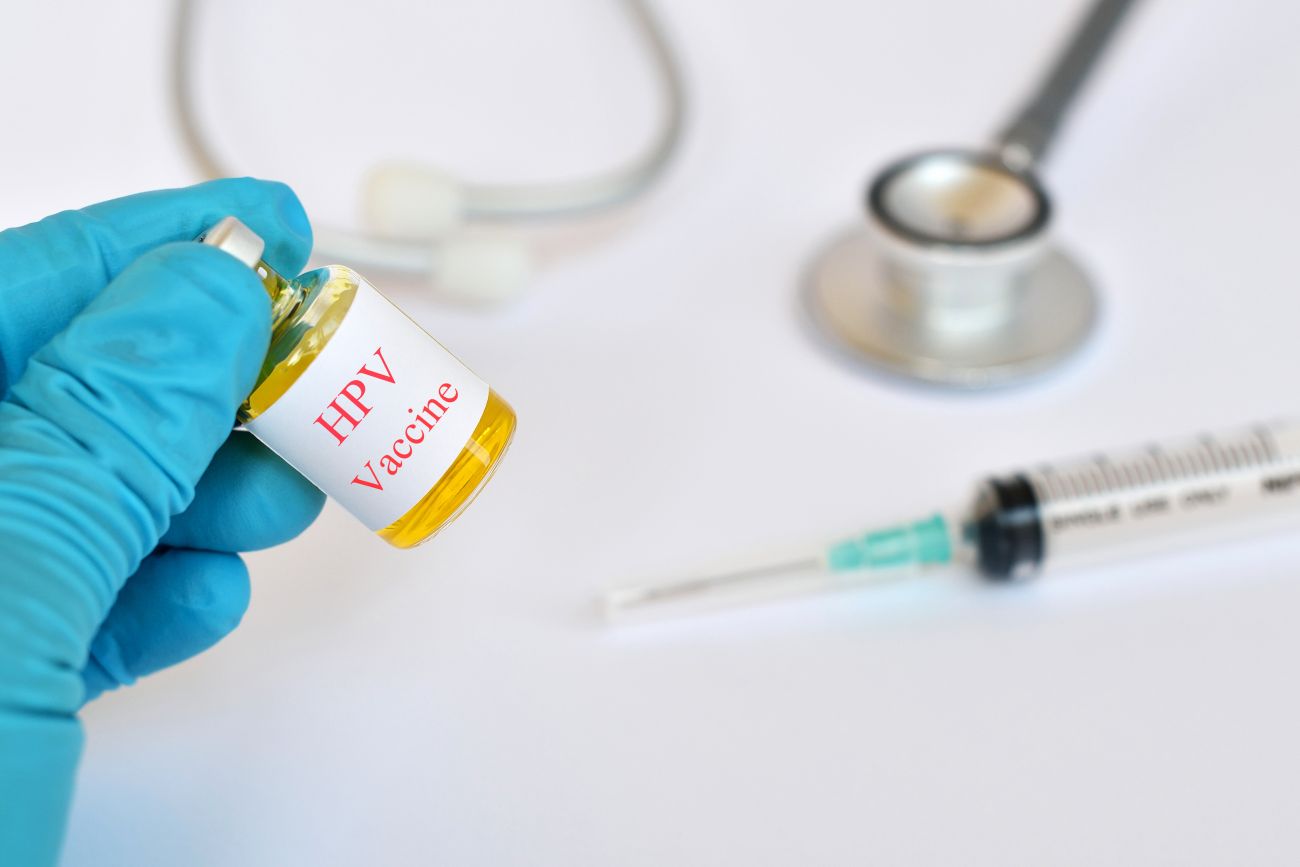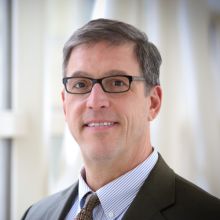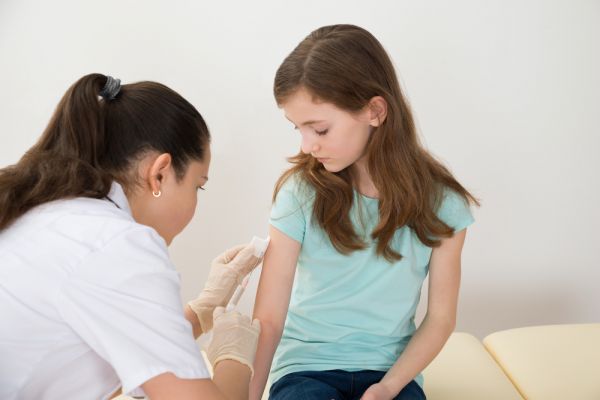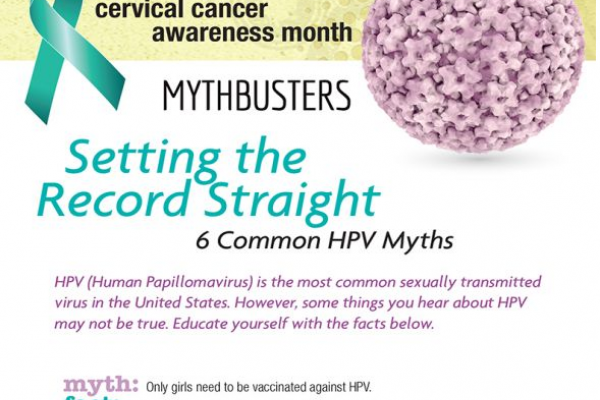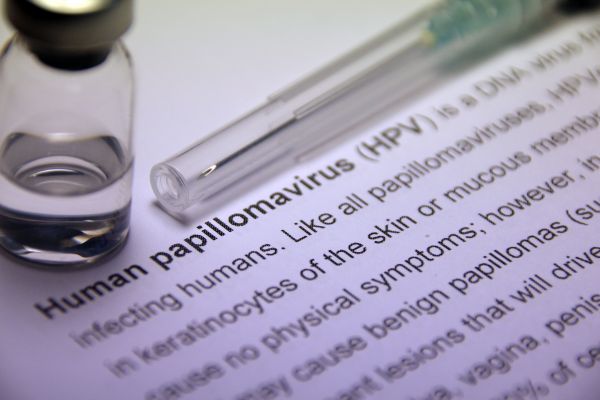Cancer Centers Reiterate Support for HPV Vaccination
We know that cancers related to HPV (human papillomavirus) are common, on the rise and, for more than a decade, preventable.
Roswell Park teams specializing in cancer prevention and ways to eliminate health disparities have spent a lot of time trying to understand a dynamic we've observed — why aren’t more families taking advantage of HPV vaccination, a powerful opportunity to prevent some very serious and possibly fatal cancers before they develop?
With funding from both the National Cancer Institute and the Roswell Park Alliance Foundation, we’ve reached out to physician practices across Western New York to learn more about their experiences with HPV vaccination. Through these efforts, which have been led by Dr. Martin Mahoney, we’ve collected important input on what works best in these community care settings, and we’ve designed a toolkit to help more health providers implement these best practices.
Since the posting of this blog post, research and development of the HPV vaccine has advanced. Visit our HPV vaccine page for the latest information.
Today, Roswell Park President and CEO Candace Johnson, PhD, joined colleagues from 69 other cancer centers in reiterating their endorsement of HPV vaccination for adolescents and young adults as a safe, effective way to protect against many cancers. “As national leaders in cancer research and clinical care, we are compelled to collectively call upon parents and health care providers to increase vaccination rates, so our nation’s children don’t grow up to become cancer patients,” reads their joint statement, which notes important progress and updates since this group issued a similar call two years ago. “HPV vaccination is our best defense in stopping HPV infection in our youth and preventing HPV-associated cancers in our communities.”
I encourage you to read the 2018 joint statement to hear why the nation’s cancer experts are unified in support of HPV vaccination as an important, impactful opportunity to protect the health of millions of young people, and future generations.
In October 2016, experts recommended a two-dose vaccination schedule for young adolescents — making it easier and more realistic for patients to complete the two-dose vaccination series by age 12, as recommended. The goal of getting all young people in this country vaccinated appropriately against HPV-related cancers has never been more in reach.
